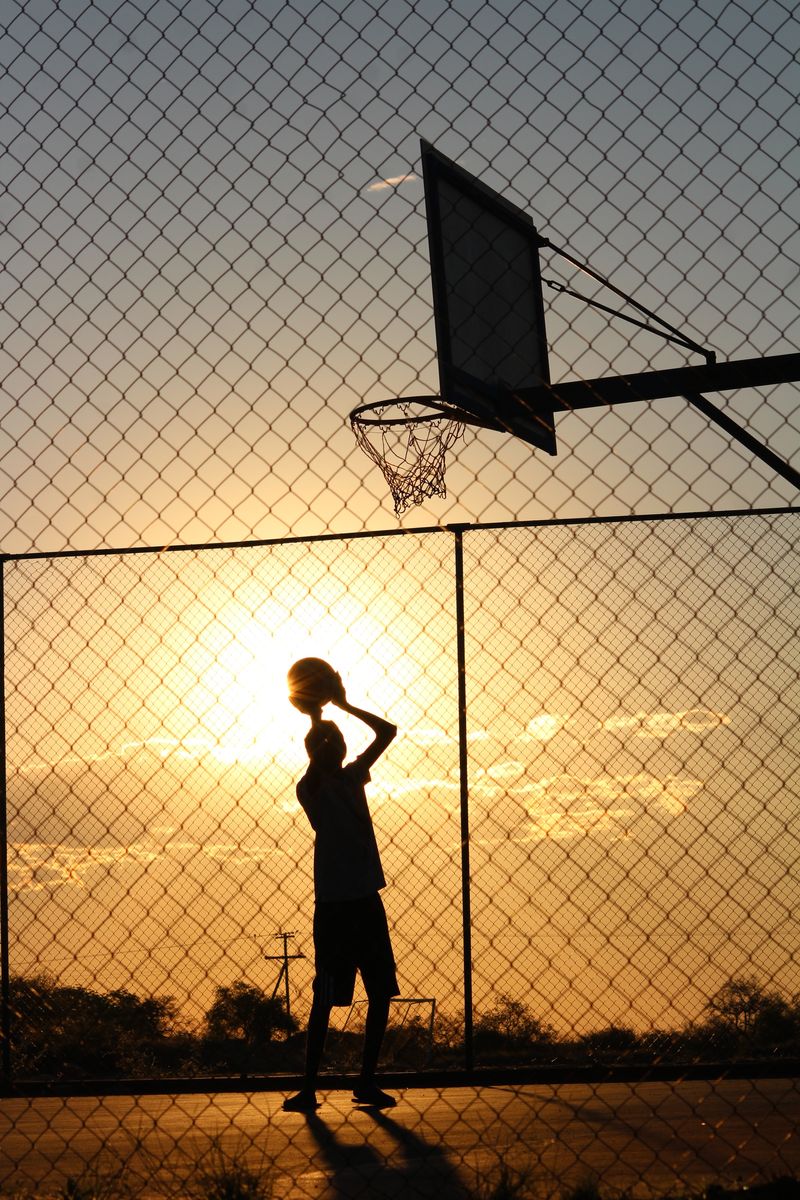Melbourne Demons Coach Simon Goodwin Frustrated and Angry at Joel Smith’s Drugs Ban
Melbourne Demons coach Simon Goodwin has expressed his frustration and anger at forward Joel Smith, who recently tested positive for a banned drug. Goodwin revealed that he has not spoken to Smith since the revelation, but has thrown his support behind midfielder Clayton Oliver, who has been facing personal challenges.
Incredibly Angry and Frustrated
Speaking in a pre-recorded interview with SEN, Goodwin expressed his initial feelings upon hearing about Smith’s positive drug test. He said, “I can only go by how I feel, and when I first heard, I was incredibly angry, frustrated, to think that potentially we have a player in round 23 on the eve of a finals series not doing everything possible to help the success of our footy team. I can only imagine that same feeling would be permeating through our supporter base.”
Goodwin admitted that he has not contacted Smith yet, as he is letting the investigation and disciplinary process take its course. He also mentioned that there are people within the club who are providing support to Smith from a welfare perspective.
Support for Clayton Oliver
While Smith’s drug ban has brought frustration to the club, Goodwin expressed his support for Clayton Oliver, who has been dealing with personal challenges throughout the 2023 season. Oliver’s difficulties were highlighted when it was revealed that he was with Smith on the night of his hospitalization.
Goodwin acknowledged that the club has been aware of Oliver’s challenges for multiple years and that they are working closely with him to provide the necessary support. He emphasized the complexity of the situation and the importance of building a strong support system for Oliver.
The Importance of Culture and Behavior
Amid trade rumors surrounding Oliver, Goodwin confirmed that the club has pushed him to be more professional and adhere to certain minimum standards of behavior. The club even sent a letter to members confirming their expectations of Oliver’s conduct.
Goodwin emphasized the significance of having a strong team culture and the consequences that come with not aligning with it. He made it clear that no individual is above the team’s expectations and that building a high-performance culture is crucial for success.
No Consideration for Trading Oliver
Despite the challenges Oliver has faced and the rumors of a potential trade, Goodwin stated that the club did not consider trading the four-time best and fairest winner. He explained that during the period when the trade rumors were circulating, the club was seeking a clear commitment from Oliver to adhere to their standards and expectations.
Ultimately, Oliver expressed his desire to stay with the Melbourne Demons, and the club is committed to working with him to help him fulfill his potential and be a valuable part of the team.
Editorial: Reflecting on the Melbourne Demons’ Issues
The recent controversies surrounding the Melbourne Demons, specifically Joel Smith’s drugs ban and Clayton Oliver’s personal challenges, have once again raised questions about the behavior and culture within the AFL. It serves as a timely reminder that professional athletes are not immune to the pressures and temptations of modern society.
Simon Goodwin‘s frustration and anger are understandable in the face of Smith’s positive drug test. As a coach, he expects his players to be fully committed to the success of the team, especially during crucial moments like the finals series.
At the same time, Goodwin‘s support for Oliver highlights the complexities of personal challenges faced by athletes. It is a reminder that the pressures of professional sports can take a toll on mental health and well-being. The Melbourne Demons should be commended for their commitment to providing the necessary support and resources for Oliver.
The emphasis on team culture and behavior is also commendable. Goodwin‘s insistence on adhering to minimum standards and expectations is a testament to the club’s commitment to building a high-performance culture. It sends a message that no individual is above the team, and success can only be achieved through collective effort.
As fans and supporters, it is important to remember that athletes are human beings who face challenges and struggles just like anyone else. Goodwin‘s approach of supporting Oliver and working towards his personal and professional growth should serve as a blueprint for other clubs and organizations in handling similar situations.
Advice: Building a Supportive and Resilient Sporting Culture
The Melbourne Demons’ experience serves as a lesson for all sporting organizations on the importance of building a supportive and resilient culture. The following are some key steps that can be taken to foster a positive environment:
1. Prioritize Welfare and Mental Health
Athletes should be provided with access to professional mental health support and resources. This includes regular check-ins, counseling services, and education on managing stress and pressures. Creating a safe space for athletes to discuss their challenges openly and seek help when needed is crucial.
2. Cultivate a Strong Team Culture
Clearly define the values, expectations, and behavior standards of the team. This includes promoting respect, accountability, and professionalism. Encourage open communication and collaboration among teammates to foster a sense of unity and support.
3. Provide Leadership and Guidance
Coaches and team leaders should lead by example and be role models for the athletes. They should provide guidance and mentorship, encouraging personal growth and development both on and off the field.
4. Educate on Substance Abuse and Responsible Behavior
Organizations should provide education and awareness programs on the risks and consequences of substance abuse. Emphasize the importance of responsible behavior and the impact it can have on both individuals and the team as a whole.
5. Support Systems and Resources
Ensure that players have access to support systems and resources, such as sports psychologists, nutritionists, and fitness trainers. These professionals can help athletes navigate challenges, set goals, and develop strategies for success.
By implementing these strategies and prioritizing the well-being of athletes, sporting organizations can create an environment where individuals are supported, resilient, and capable of achieving their full potential.

<< photo by Lacie Slezak >>
The image is for illustrative purposes only and does not depict the actual situation.
You might want to read !
- Investigating the Tragic Death at Crown Towers: Man in Custody
- “A Tragic Turn of Events: Murder Charge Laid in Crown Hotel Room Death”
- To Spy or Not to Spy: The Controversy Surrounding Street Surveillance Systems
- The Ultimate Guide to Watching Wolves vs Newcastle: Live Streaming, TV Broadcast, and More
- High Time for Urgent Action: Addressing Silicosis and Engineered Stone Hazards Now
- Bearish Trends Plunge Sensex by 600 Points, Nifty Dips Below 19000; Realty Sector in Crisis: An In-depth Analysis
- “Khufiya: An Intriguing Espionage Thriller That Misses the Mark”
- The Astonishing Tale of Henry Sugar Demystified
- Alluring Adventures: Colson Whitehead’s Unmatched Excitement in the World of Crime
- “MasterChef Australia’s Melissa Leong Bids Farewell, Leaving Fans Hungry for More”
- “Championing Inclusion: Telethon Takeover Puts Spotlight on Kids with Special Needs”
- Big Win for Adelaide United Fans: Free Transport to All Matches in Major Announcement
- “Unpacking the Shocking Disqualifications: Hamilton and Leclerc Lose Out in the United States Grand Prix”
- “Sunrise Stunner: Sonia Kruger turns heads in stunning white ensemble”
- Tech Troubles Down Under: Australians Struggle to Log In to Discord
- Sydney Trains Issues Warning of Delays Amid Network-Wide Communication Failure
- The Resurgence of Providoor: A Fresh Approach to Hospitality in Australia
- “UFC 294: Spectacular Showdown as Dana White Steps into the Octagon with Johnny Walker”




